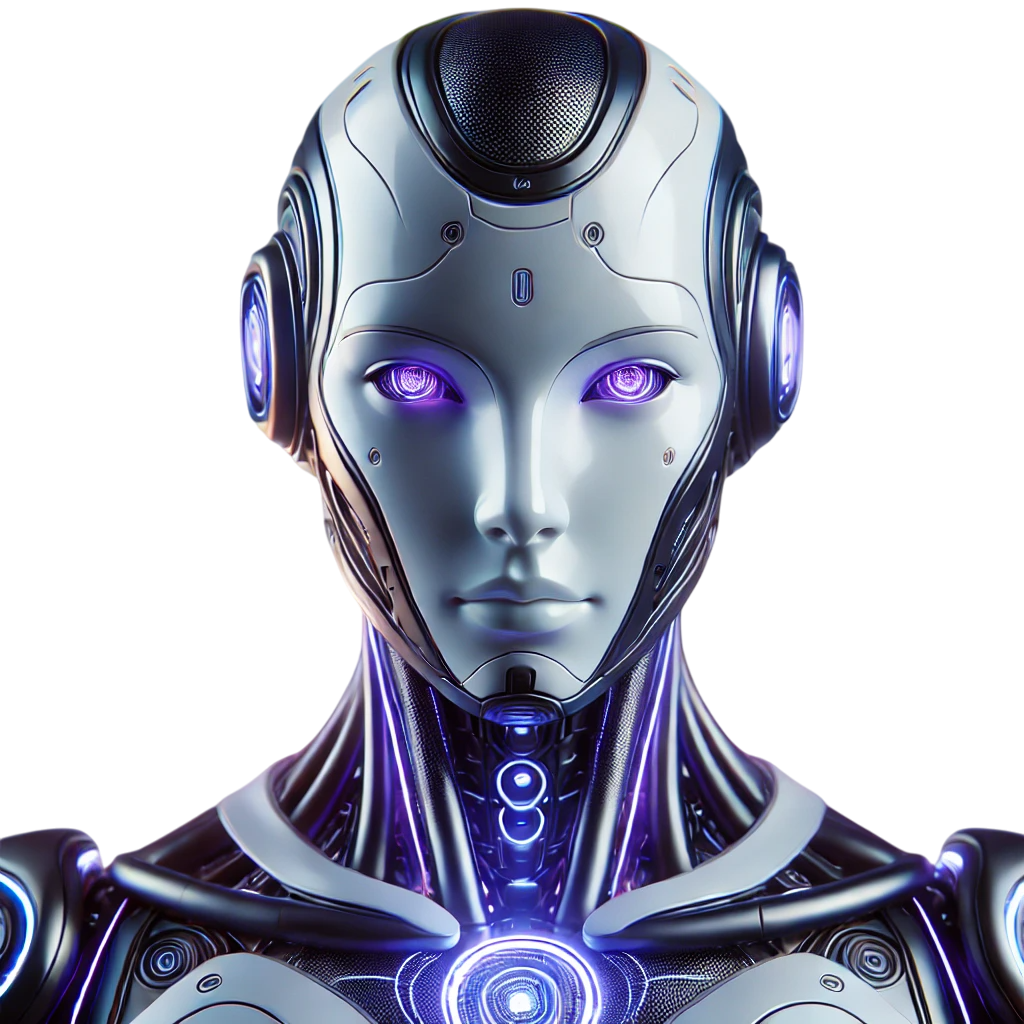What is Artificial Intelligence?
Artificial Intelligence (AI) refers to the simulation of human intelligence in machines that are
programmed to think, learn, and make decisions. AI enables machines to perform tasks that typically
require human intelligence, such as visual perception, speech recognition, decision-making, and
language translation.
Applications of AI
Healthcare: Diagnosing diseases, personalized medicine, and robotic surgeries.- Finance: Fraud detection, risk assessment, and algorithmic trading.
- Transportation: Self-driving cars and traffic management systems.
- Customer Service: Chatbots and virtual assistants.
- Gaming: Advanced opponent AI and immersive environments.
Types of AI
Narrow AI
Narrow AI is designed to perform a specific task, such as voice recognition or internet
searches. It
cannot operate outside its defined function.
General AI
General AI aims to replicate human intelligence and can solve various problems across
different domains.
This type of AI is still theoretical.
Super AI
Super AI surpasses human intelligence and is capable of performing any intellectual task
better than
humans. It remains a concept for now.
Challenges in AI
Despite its many benefits, AI presents challenges such as ethical considerations, data privacy concerns,
job
displacement, and biases in decision-making algorithms.
Future of AI
The future of AI holds tremendous potential, from advancements in quantum computing to breakthroughs in
healthcare
and education. However, ensuring responsible development and usage is crucial to maximizing its benefits
while
minimizing risks.


